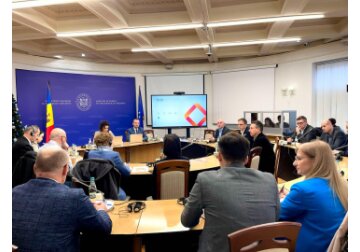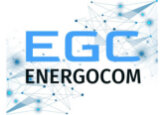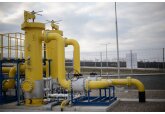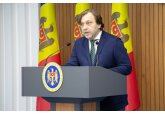
The level of implementation of smart electricity meters in Moldova is still low, but the authorities will make progress in this direction in 2025 – Ministry of Energy
This was announced by the State Secretary of the Ministry of Energy Cristina Pereteatcu at a meeting of the working group on monitoring the implementation of the Pilot Program for the installation of smart meters, held at the department. According to the Ministry of Energy, the event was attended by representatives of the Ministry of Energy, NAER, FEE-Nord, RED-Nord, Premier Energy Distribution and Premier Energy furnizare, as well as industry experts. An important issue of discussion was the introduction and application of differentiated tariffs, including hourly ones. It was emphasized that at present, the application of differentiated tariffs is possible only for owners of electronic meters with memory and the ability to record consumption in hourly intervals. Consumers already have a number of meters capable of recording hourly consumption, and the distribution system operator will configure them accordingly when a request for the transition to differentiated tariffs is received. Consumers who do not have such meters but wish to receive bills at differentiated tariffs will have to purchase them in accordance with the recommendations of the Distribution System Operator. The meeting analyzed the existing tariffs, as well as potential tariff methodologies, taking into account the current energy crisis. Participants emphasized the significant benefits of these tariffs for both consumers and the energy system as the number of consumers equipped with smart meters increases. “Although the level of implementation of smart meters and related equipment is still low, we are moving forward to achieve significant results in terms of accurate monitoring of energy consumption in real time during the year. The introduction and application of differentiated tariffs, including time intervals, is a key element in promoting energy efficiency and effective network management,” emphasized the State Secretary of the Ministry of Energy. According to Cristina Pereteatcu, the discussions reviewed the existing differentiated tariffs, analyzed potential pricing methodologies in the context of the current crisis, and discussed the stages and steps needed to ensure the practical application of these tools. A calendar of specific actions will be finalised in the near future to enable consumers already equipped with the necessary technologies to benefit from the existing differentiated pricing options. In this regard, the need to regulate certain technical standards to ensure interoperability of systems and compatibility of equipment was confirmed. “As a result, it is essential that operators define and publish the minimum technical conditions and parameters necessary to help consumers choose the right meters and inform them about the features and benefits of smart metering,” the Ministry of Energy said. At the same time, the meeting participants stressed the need to develop a National Plan for the large-scale deployment of Advanced Metering Infrastructure (AMI), including a strict timetable, in line with European commitments expressed in the EU Electricity Market Directive and the measures envisaged in the National Integrated Energy and Climate Plan. Such a plan will ensure a consistent and effective approach at national level. The Ministry of Energy will develop and coordinate this National Plan in the near future. //13.01.2025 — InfoMarket







